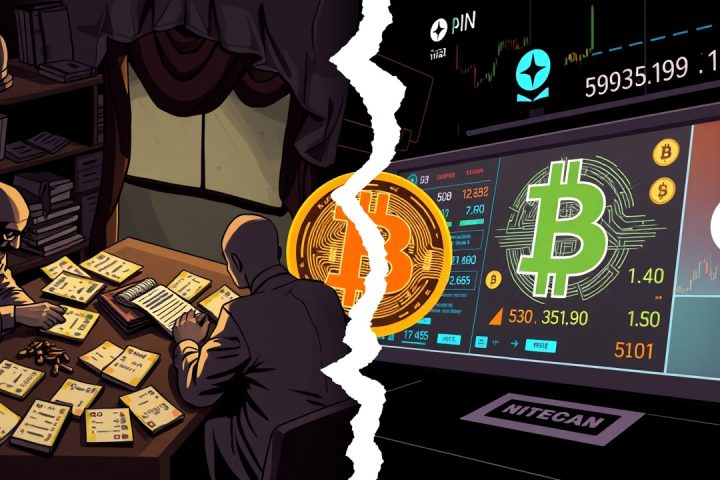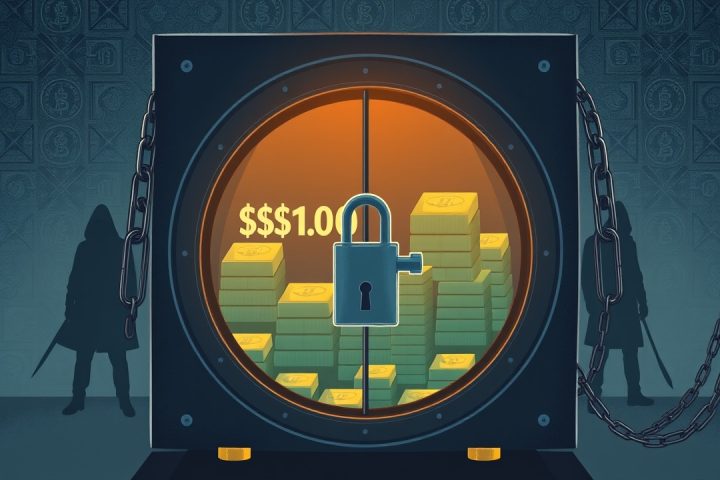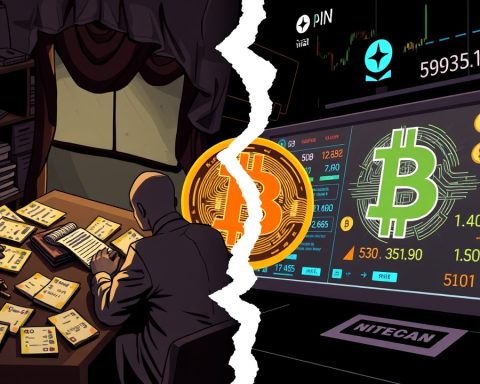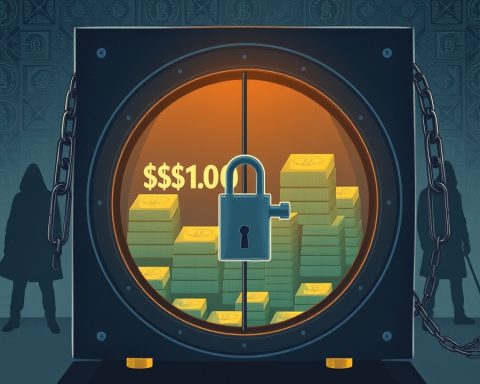Analysis of Bitcoin Core’s OP_RETURN Proposal
In a recent analysis, Gary Ma Wu, Director of HashKey Investment Research, explored the contentious proposal regarding Bitcoin Core’s OP_RETURN data limitations. This proposal, to lift existing 80-byte restrictions, has ignited a substantial debate within the Bitcoin community.
Understanding OP_RETURN and Its Controversies
OP_RETURN is a specific opcode within Bitcoin’s scripting language that allows for the inclusion of tiny amounts of data within transactions. These data outputs are designated as “provably unspendable,” meaning they do not contribute to the UTXO (unspent transaction output) set, thus minimizing their impact on the network’s functionality. Currently, Bitcoin Core imposes a cap of 80 bytes on data that can be included using OP_RETURN, and transactions exceeding 83 bytes face restrictions purely based on node policy rather than overarching consensus rules.
A notable proposal by developer Peter Todd—PR #32359—advocates for removing this data limitation altogether, alongside eliminating related configurable options. This move has sparked significant debate, reflecting a schism in how the community perceives the balance between data freedom and network congestion.
Diverse Perspectives on the Proposal
Proponents argue that:
- The current limitations are ineffective, as users can bypass them by submitting data directly to miner mempools or through other nodes that don’t impose such restrictions.
- Some community members utilize OP_RETURN as a platform for messages, utilizing tools like opreturnbot.com, provided they pay the requisite fees.
- By lifting the limit, miners could see an increase in revenue driven by demand for larger blocks of data, aligning with their economic incentives.
Critics counter with concerns that:
- Removing the restrictions could lead to a proliferation of non-transactional data, clogging block space and driving up transaction fees.
- Though current restrictions can be sidestepped, they still serve a useful role in managing network health and reducing unneeded data influx.
Gary Ma Wu shared viewpoints from both sides, noting that while advocates for lifting the data cap envision a return to Bitcoin’s early principles, critics foresee a potential hassle of increased transaction fees for regular users.
Arguments Supporting the Removal of the Limit
The proposition’s supporters assert that:
- The original Bitcoin design by Satoshi Nakamoto didn’t impose restrictions on OP_RETURN, and thus, reverting to a restriction-free state aligns with Bitcoin’s foundational philosophy.
- Current limitations are overly simplistic and can easily be bypassed through various methods, indicating they don’t effectively safeguard the integrity of the blockchain.
- By allowing large data inputs, the strain of multi-transaction workarounds would be alleviated.
- Miners would benefit financially, thus reinforcing the sustainability and security of the Bitcoin network as their revenue diminishes with periodic halving events.
Contrarian Views
Conversely, critics like HashKey’s Gary Ma Wu argue firmly against the proposal, suggesting that:
- Historical lack of restrictions doesn’t imply their absence is beneficial or logical today, as certain designs from the early days of Bitcoin have proven problematic.
- Changes proposed by Peter Todd reflect personal philosophy rather than broad consensus across the network.
- The removal of limits may not significantly alleviate current issues with data inscriptions, which still struggle with size vs. storage capability.
- Maintaining a degree of user freedom is paramount, and the proposal risks constraining choices for full node operators.
Final Observations on Potential Outcomes
The unfolding discussions reveal deep divides within the Bitcoin community regarding the balance of individual freedoms and network functionality. Proponents see the possibility for revitalizing Bitcoin’s original intentions and aligning with libertarian principles, while adversaries raise valid concerns over network congestion and long-term sustainability.
The debate continues, and the eventual resolution of whether to lift or maintain the OP_RETURN limit will fundamentally shape Bitcoin’s future as a platform for transactions and data storage.

















